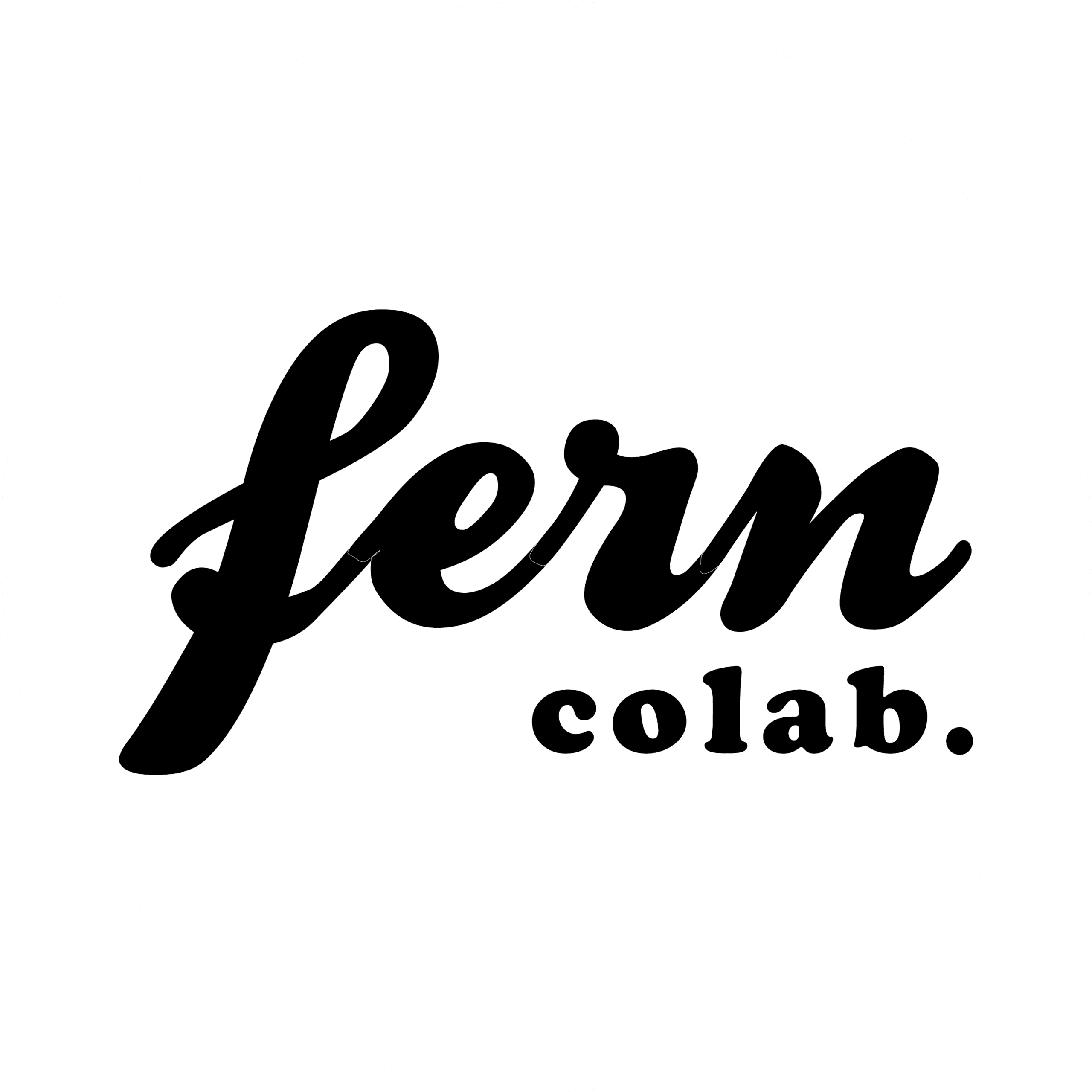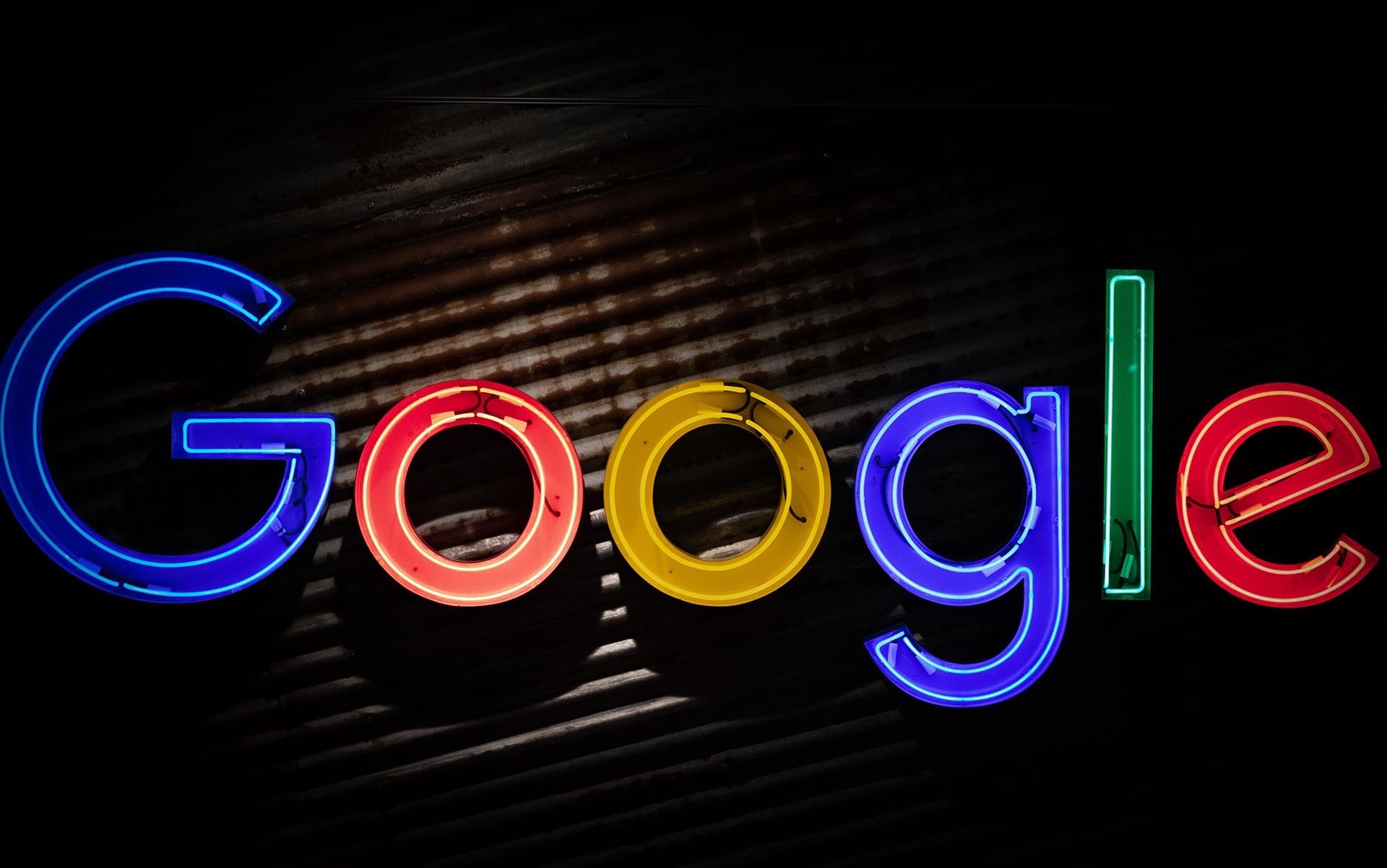Google Ads Tips for Hotels & Surf Travel Brands
Are you running Google ads and maybe not getting the results you hoped for? Want some tips that can help you improve your campaign performance? In this article we will share some less common tips that are often overlooked when setting up and managing Google ad campaigns.
As the world’s most used search engine with 83.84% of the market share, it shouldn’t come as a surprise to hear that marketers want to use Google paid ads to promote their business and grow their reach. Google Ads is a powerful tool for businesses and marketers to reach their target audience and drive traffic to their website. With the right strategies and tactics, it allows you to get ahead of waiting for organic growth and instead reach your audience faster and more efficiently.
Google’s Ad Revenue Was $54.48 Billion in Q3 2022 and shows no signs of slowing down, so it’s quite clearly a competitive market, which means you need to do things right if you don’t want to see your ad spend disappear into thin air.
In this article we are going to look at some of the lesser known tips that are often overlooked when setting up and managing successful ad campaigns.
Make sure your conversion tracking is set up correctly
Conversion tracking is the backbone of successful online advertising campaigns. It allows businesses to measure the effectiveness of their ads, understand user behavior, and optimize their strategies. In the context of Google Ads, setting up conversion tracking correctly is paramount for improving your return on investment (ROI).
While you will probably already have Google Analytics set up on your site, using this to track visitors, bounce rates and time on page, it’s important to note there is a big difference between analytics and conversion tracking.
A conversion occurs when an ad click or other interaction with your ad leads directly to a behavior that’s valuable to you, such as a purchase, newsletter sign-up, phone call, or download.”
Google Ads Help
Why is Conversion tracking so essential?
Conversion tracking is essentially how you tell Google what you want to get out of a campaign and gives you insights into the performance of your ads. So obviously, if you are not correctly tracking your conversion, your ads are going to be working with incorrect data, leading to drop in performance. And this can get expensive.
Measure ROI
Accurate conversion tracking enables you to determine which ads, keywords, and campaigns are delivering the best results. You can see which ads led to conversion, allowing you to optimize your advertising budget and maximize ROI.
Refine Ad Strategies
With conversion tracking, you can see how users behave after clicking on your ads. You can then make data-driven decisions to refine your ad copy, targeting, and bidding strategies to better align with your goals.
Enhance User Experience
Tracking conversions also sheds light on your website’s performance. You can identify and fix issues in your conversion funnel, ensuring a smoother and more satisfying user experience.
Optimize Budget Allocation
Knowing which campaigns drive the most valuable conversions allows you to allocate your budget wisely. You can invest more in what’s working and cut back on less effective campaigns.
Set Realistic Goals
Properly configured conversion tracking helps you set realistic goals for your advertising efforts. This can lead to better planning and more accurate forecasting.
Five Actionable Steps to Set Up Correct Conversion Tracking:
Define Your Goals
Before you can track conversions, you need to know what you’re tracking. Start by defining clear and specific goals, such as form submissions, e-commerce transactions, or phone calls. These goals should align with your business objectives.
Use Google Tag Manager
Google Tag Manager simplifies the process of adding tracking codes to your website. It allows you to add and update tags without the need for a developer. Set up a Google Ads conversion tag within Tag Manager for seamless integration.
Create Unique Conversion Actions
In Google Ads, create individual conversion actions for each distinct goal you want to track. This could include ‘Contact Form Submissions,’ ‘E-commerce Purchases,’ or ‘Newsletter Sign-ups.’ Assign a meaningful value to each if possible.
Implement Event Tracking
For more advanced tracking, use event tracking for specific user interactions on your site, such as video views or button clicks. These events provide valuable insights into user behavior beyond standard page views.
Test and Validate
After setting up conversion tracking, it’s crucial to test and validate it to ensure accuracy. Complete a test conversion to confirm that data is being recorded correctly. Regularly monitor your conversion reports in Google Ads to identify any issues that may arise.
So our takeaway here? Setting up correct conversion tracking in Google Ads is a fundamental step in maximizing the effectiveness of your advertising campaigns. It empowers you to make data-driven decisions, allocate your budget efficiently, and ultimately achieve a higher return on investment.
Use negative keywords, but not too many
While keywords are the words you want your ads to show up for. Negative keywords are the exact opposite and tell Google not to show your ad if certain words or terms are used in the search queries. When you include negative keywords, you are telling Google not to display your ad when someone searches for those terms. This is important because it prevents your ad from appearing for irrelevant or unrelated searches, saving you money and increasing the quality of your clicks.
“A type of keyword that prevents your ad from being triggered by a certain word or phrase. Your ads aren’t shown to anyone who is searching for that phrase. This is also known as a negative match.”
Google Ads Help
Why Are Negative Keywords Important?
Relevance and Quality Traffic
By adding negative keywords, you ensure that your ads are displayed to users who are genuinely interested in what your surf or travel business offers. For example, if you’re a surfboard retailer, you don’t want your ad to show up when someone is searching for “free surf lessons” if you don’t offer that service.
Cost Control
Preventing your ads from displaying for irrelevant searches helps you reduce wasted ad spend. You only pay for clicks that are more likely to lead to conversions or meaningful interactions. This is particularly important in competitive industries like travel and surf.
Improved Click-Through Rate (CTR)
When your ads are shown to a more relevant audience, you’re likely to see an increase in your click-through rate. This, in turn, can positively impact your Quality Score and ad rank
Some Negative keyword examples for Surf and Travel Businesses
Surf School
Let’s say you own a surf school and offer lessons for beginners and advanced surfers. In this case, you might want to add negative keywords like “surfboard purchase” or “buy surfboard” to prevent your ads from showing to people looking to buy surfboards. Your primary goal is to attract people interested in surf lessons.
Travel Agency
If you’re a travel agency specializing in beach vacations, you might add negative keywords like “ski resorts,” “mountain climbing,” or “winter holidays” to avoid your ads appearing for winter sports enthusiasts. Your focus is on beach-related travel, so these keywords are irrelevant to your offerings.
Budget Accommodations
For a budget travel business, you may want to add negative keywords like “luxury,” “all-inclusive,” or “5-star” to prevent your ads from showing to users seeking high-end accommodations. You want to target budget-conscious travelers.
Negative keywords are something you will hear a lot and are common in the ad world, but it’s very important to know that you should not need lots of them, and you shouldn’t have to be adding more with time. Requiring lots of negative keywords suggests your ads are poorly optimized.
And if you are still adding negative keywords based on the search term reports of when your ads were shown months into a campaign, it is a good sign of a poorly managed account. Something needs to change here to save your money and time.
Create conversion-optimized landing pages
It’s important to remember that creating a well performing ad group is just one piece of the puzzle. Google ads bring you the traffic to your domain, it’s up to you to convert that new lead.
It’s easy to get tied up in the Google ads platform, adjust bidding, testing ad copy, and putting all your time and effort into the platform itself. But when someone clicks your ad, where do they go? Your website, right.
So now the ad has done the work of bringing the people to your site, you need to make sure you convert them into a lead or sale. We do this by optimizing our landing pages.
Your ads should point to a relevant landing page, and the message of the landing page should align with the ad itself. If your ad talks about one thing and directs traffic to a page that’s talking about something totally different, it is not going to convert.
Keeping your keywords, ad copy and landing pages consistent should improve your click through and conversion rates, as well as help lowering your cost per click (CPC)
The page should load quickly, and be easy to use. If you are collecting emails, the email opt-in should be in a prominent location. If you are promoting a product your copy should be of high quality so that your traffic gets the information they need and are driven to take action.
Don’t neglect your organic SEO
Another kind of uncommon suggestion from ads specialists is equally balancing your paid and organic strategies, when working to get to the top of google. There’s a few reasons why your organic SEO efforts should be equally as important to your paid marketing.
Firstly, opting for paid ads only can be a costly decision as you may end up paying for clicks that your competitors are not even bidding on. It makes more sense to leverage organic search results for those keywords and phrases that don’t require ad spend. It’s essentially free traffic, and what’s better than that?
Secondly, not everyone clicks on ads. Some searchers prefer organic search results and are likely to ignore paid ads altogether. By focusing on both paid and organic search strategies, you stand a chance of capturing these potential customers who may not click on ads.
Thirdly, Google may not allow you to advertise on all searches. For example, long-tail keywords with low search volume may not be eligible for ads. However, if your website ranks well organically for those keywords, it can still generate significant traffic without paying for ads.
Finally, the more times a potential customer sees your business, the higher the chances of them considering your products or services. Ranking high in both paid and organic search results means your business is visible in two places on the same page, leading to increased brand awareness and consideration.
Ultimately focusing on both allows you to dominate both the ad section, and organic searches on google, which significantly increases your online exposure. If you’re a local business this will also significantly improve your map pack rankings, which can bring more customers to your door.
Collaborating with a professional who has expertise in both Google Ads and SEO can give your business an edge over competitors.
Use the Right Keyword Match-Types
When someone goes to Google and inputs their search query, ads are shown depending on how relevant the Google ads auction system considers them to the search query and will show ads accordingly.
Obviously your keywords play an important role here, but you should also understand the different types of keyword matches available. These include, broad match, phrase match, and exact match. These essentially tell google how to handle the keywords you are bidding on.
“The keyword match types dictate how closely the keyword needs to match with the user’s search query so that the ad can be considered for the auction.”
Google Ads Help
Broad match allows your ads to show up for searches that include variations of your keywords, synonyms, and related terms. This option provides the widest possible reach but may also result in your ads being shown to irrelevant audiences as it is less focused on a specific audience.
Phrase match allows your ads to show up for searches that include the exact phrase or a close variation of your targeted keywords, surrounded by other words. This option provides a more targeted approach than broad match, while still allowing for some flexibility in search terms.
Exact match allows your ads to show up only for searches that include the exact keyword or close variations of it. This option provides the most precise targeting, but may limit the reach of your ads.
Ultimately, the keyword matching options you choose will impact where your ads show up, as well as the relevancy of your ads to the audiences that see them.
If you are after impressions, then a broad match will typically be your best bet with a lower CPC. But it’s important to remember that this may cost you bringing in the wrong kind of traffic.
If you are after less impressions but higher relevancy and higher click through rate, exact match will do this, but will typically be more expensive as your leads may be more qualified.
Hire an expert
Managing Google Ads campaigns can be complex, and it can be difficult to determine which strategies work best for your business. This article hardly scratches the surface of what goes into running a successful ad campaign. There are many advanced tips and tricks that can only be learned through experience. That’s why working with a Google Ads specialist like Fern Colab can save you a lot of headaches, time, and wasted money.
Our team has managed tens of thousands of dollars over the years in Google Ads, and have the knowledge and expertise to improve the performance of your campaigns. We know how to hack research tools to discover new ideas and what it takes to get more people to click on your ads.
In the long run, hiring a Google Ads expert will likely save you money in wasted ad spend and help you increase the effectiveness of your campaigns to get a higher return on your investment. Our team will create customized strategies that align with your business goals and budget.
Get in touch and talk to us about your business goals and we will see if Google Ads are the way for you to go!
Freebies
Grab our free brand guide questionaire
Improve Your Google Business Listing Free Checklist
Join our newsletter
Get the latest, tips, news and deals
Got your own ideas?







0 Comments